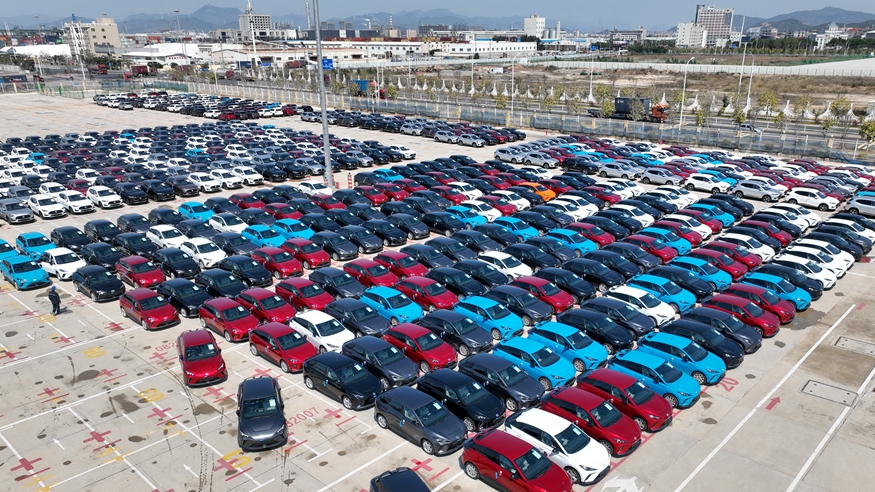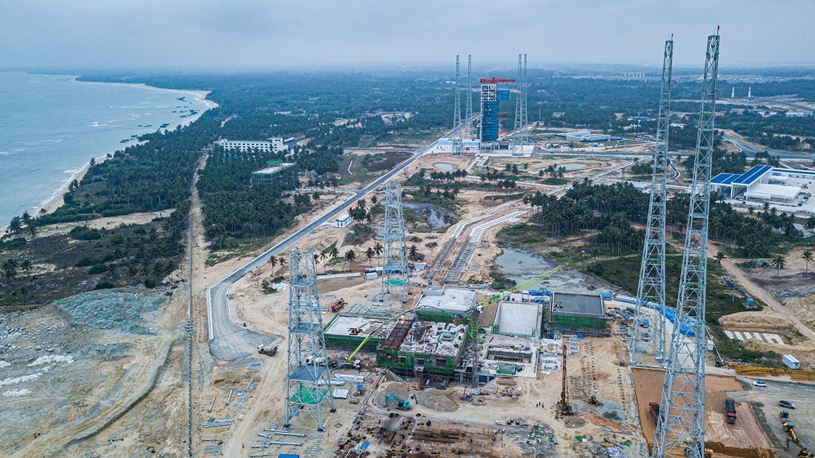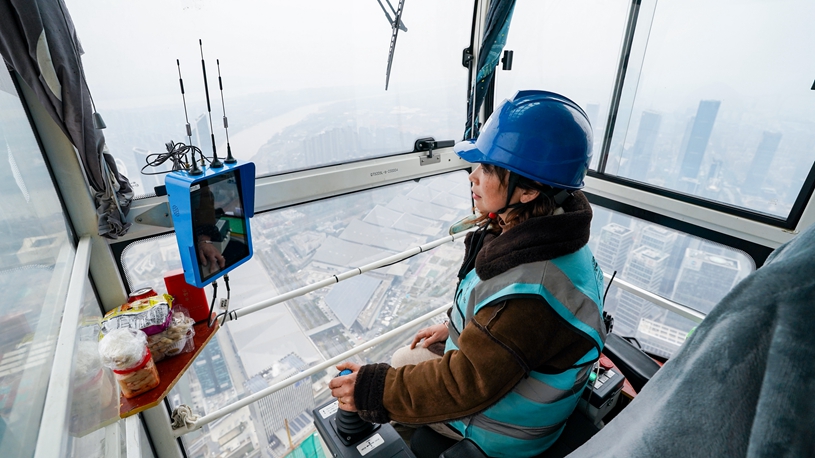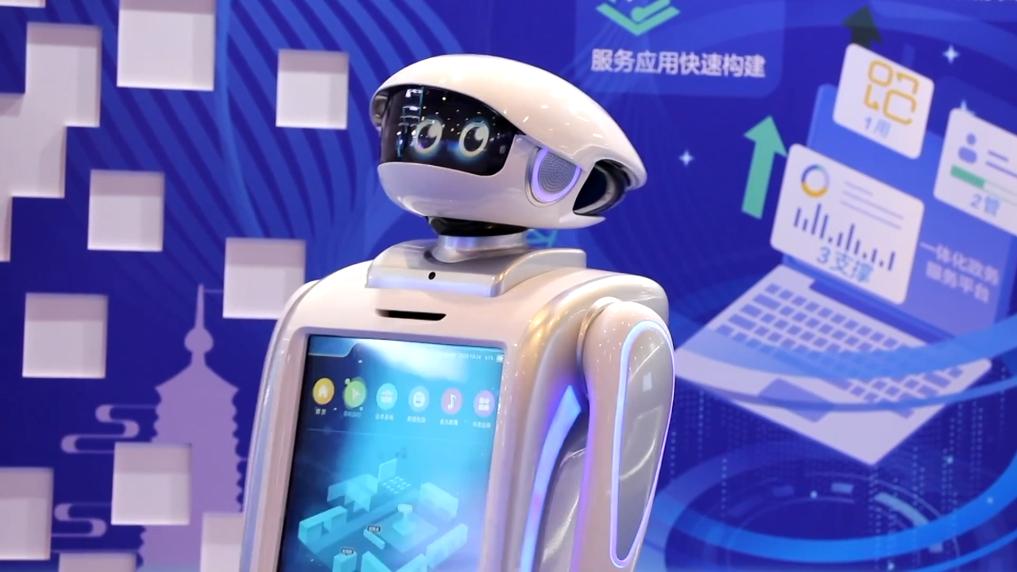BEIJING, March 13 (Xinhua) -- On Lunar New Year's Eve in February, a captivating drone light show that utilized a fleet of 3,000 drones took place in Chengdu, capital of Sichuan Province, offering a unique experience for almost 100,000 residents and travelers.
Backing the visual feast was strong computing power, with each drone receiving satellite positioning signals timed to the nanosecond.
The show was a vivid example the strides made by China in technological innovation, a core element for developing new quality productive forces.
First put forward by President Xi Jinping in 2023, the term "new quality productive forces" refers to advanced productivity freed from the traditional economic growth mode and productivity development paths. It features high-tech, high efficiency and high quality, and comes in line with the new development philosophy.
INNOVATION UNFOLDING ON DIFFERENT LOCALITIES
In the pursuit of high-quality development, China is doubling down on developing new quality productive forces tailored to local resources, industrial foundations and research conditions.
For instance, Anhui Province is home to over 60 quantum technology firms, ranking first in the country. Based on its robust innovative capacity in quantum information, the province is accelerating the development of the quantum industry.
Due to its first-mover advantages in the fields of drones and low-altitude navigation, the southern metropolis of Shenzhen is expediting the development of the low-altitude economy and expects to see the industry's output exceed 100 billion yuan (about 14 billion U.S. dollars) by 2025.
Besides fast-tracking the development of strategic emerging industries and future industries, China is leveraging new technologies to upgrade traditional industries, promoting the high-end, intelligent and green transformation of industries.
For example, industrial robots are widely used in Shanghai's Baosteel, a leading steel manufacturer, and the robot density has reached 260 units per 10,000 workers at major industrial enterprises in Shanghai.
"AI PLUS" INITIATIVE AS PROPELLER
As part of efforts to develop new quality productive forces at a faster pace, China announced the launch of the "artificial intelligence (AI) plus" initiative at the annual sessions of China's top legislature and top political advisory body, or the "two sessions," which wrapped up on Monday.
"The timing is good," said Wei Kai, an AI expert with the China Academy of Information and Communications Technology, in reference to the launch of the initiative.
"China has promoted the digitization of industries for some time, and the next stage will be making industries smarter," Wei said.
China's AI industry has been progressing rapidly. In 2023, the scale of the country's core AI industry reached 500 billion yuan. The market scale for AI large models was 2.1 billion U.S. dollars, up 110 percent year on year. In 2035, the scale of AI industry is expected to exceed 1.7 trillion yuan, according to data from the China Center for Information Industry Development.
CHALLENGES AHEAD
To unleash new quality productive forces, China will support the growth of the private economy and private enterprises, deepen reforms in the scientific and technological system, as well as the education and talent systems, and remove barriers obstructing the development of new quality productive forces.
China will also ratchet up efforts to foster a world-class business environment that is market-oriented, law-based and internationalized, and create new strengths of a higher-level open economy.
Li Zheng, professor at Liaoning University, said high-standard opening-up and strengthened international cooperation are accelerators for the development of new quality productive forces.
Noting that innovation is not the "solo performance" of any single country but rather a "grand chorus" of all countries, Li said great self-reliance and strength in science and technology can only be achieved on the basis of high-level international exchanges and cooperation.
"China will share resources, markets and technological innovations with the rest of the world, so that new quality productive forces can benefit all mankind," he said. ■












